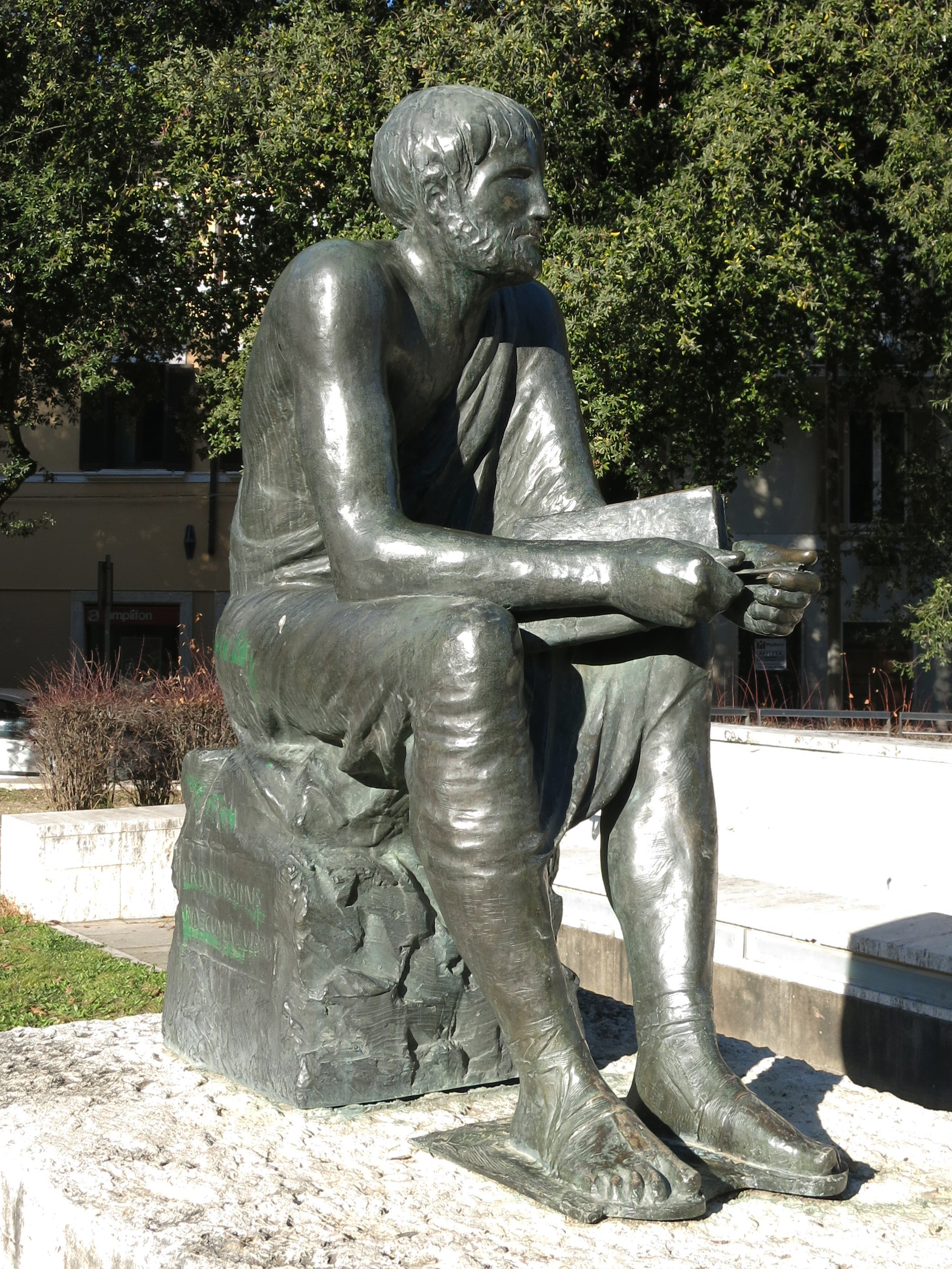Marcus Terentius Varro Reatinus nejznámější citáty
„Božská přirozenost nám dala polnosti, lidské umění vystavělo města.“
DIVINA NATURA DEDIT AGROS, ARS HUMANA AEDIFICAVIT URBES
„Znáš způsoby žen - než se pohnou, než se upraví, uplyne rok.“
NOSTI MORES MULIERUM; DUM MOLIUNTUR, DUM COMANTUR, ANNUS EST
Marcus Terentius Varro Reatinus: Citáty anglicky
“It was divine nature which gave us the country, and man's skill that built the cities.”
Divina Natura dedit agros, ars humana ædificavit urbes.
Marcus Porcius Cato on Agriculture : Marcus Terentius Varro on Agriculture. W.D. Hooper & H.B. Ash. (translation). Harvard University Press, 1993. Bk. 3, ch. 1
De Re Rustica
“No sick man's monstrous dream can be so wild that some philosopher won't say it's true.”
Postremo nemo aegrotus quidquam somniat tam infandum, quod non aliquis dicat philosophus.
Eumenides, fragment 6, from Saturae Menippeae; translation from J. Wight Duff Roman Satire: Its Outlook on Social Life (Hamden, Conn.: Archon Books, 1964) p. 90.
“The longest part of the journey is said to be the passing of the gate.”
Portam itineri dici longissimam esse.
Marcus Porcius Cato on Agriculture : Marcus Terentius Varro on Agriculture. W.D. Hooper & H.B. Ash. (translation). Harvard University Press, 1993. Bk. 1, ch. 2;
De Re Rustica
“There are bred certain minute creatures which cannot be seen by the eyes, which float in the air and enter the body through the mouth and nose and there cause serious diseases.”
Crescunt animalia quaedam minuta, quae non possunt oculi consequi, et per aera intus in corpus per os ac nares perveniunt atque efficiunt difficilis morbos.
Marcus Porcius Cato on Agriculture : Marcus Terentius Varro on Agriculture. W.D. Hooper & H.B. Ash. (translation). Harvard University Press, 1993. Bk. 1, ch. 12
De Re Rustica
Bk. 1, ch. 1 ( online https://archive.org/stream/cu31924062805209#page/n75/mode/2up);
De Re Rustica
“The most learned of all Romans.”
Vir Romanorum eruditissimus.
Quintilian Institutio Oratoria Bk. 10, ch. 1, para. 95; translation by H. E. Butler. http://penelope.uchicago.edu/Thayer/E/Roman/Texts/Quintilian/Institutio_Oratoria/10A*.html#1.95
Criticism
